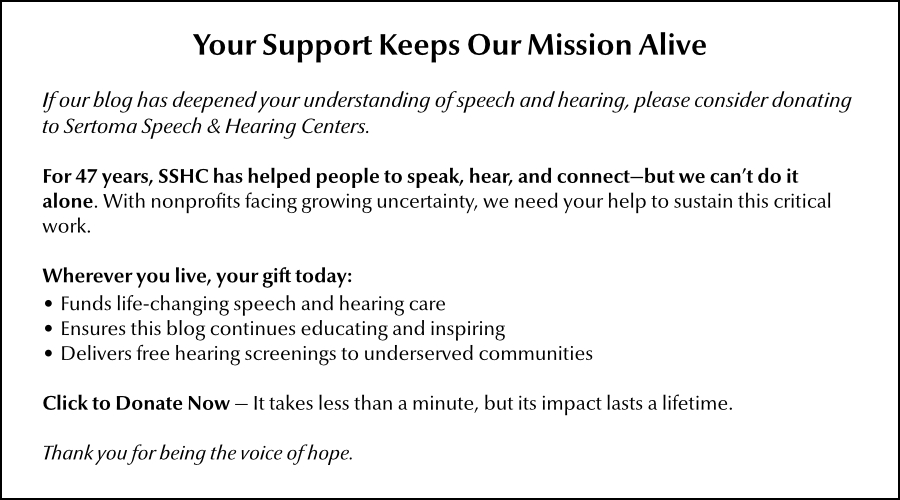For millions of people with hyperacusis, ordinary sounds feel like an assault on their ears. This is not a metaphor, but their daily reality. Hyperacusis causes intense discomfort, anxiety, and even pain from common, humdrum noises.
Why it matters
Hyperacusis disrupts the social, professional, and personal lives of roughly 17% of the population. It can lead to anxiety and depression.
The challenge
Hyperacusis isn't just about loud sounds. It's a complex condition with four distinct symptoms: loudness, annoyance, fear, and pain.

A closer look
Patients experience sound sensitivity differently. For example —
- Loudness: A baby's cry feels unbearable
- Annoyance: Even soft sounds like sniffling trigger discomfort
- Fear: Anticipating sound exposure becomes exhausting
- Pain: Moderate sounds can cause actual ear pain
How it works
People with hyperacusis develop sophisticated strategies to navigate sound-rich environments. For example —
Restaurants
- Use filtered earplugs
- Choose quieter venues
- Sit in less noisy areas
- Leverage smartphone apps measuring venue noise levels

Workplaces
- Request noise reduction
- Use noise-cancelling headphones
- Explore remote work options
- Communicate needs with supervisors
Musical and Religious Events
- Wear hearing protection
- Request lower volume
- Use personal headphones
- Practice relaxation techniques
The takeaway
Hyperacusis management isn't about total sound avoidance. The goal is building tolerance while protecting hearing.
Audiologists emphasize
- Progressively adapting to sound environments
- Understanding what noises trigger hyperacusis
- Using tailored interventions
Concerned about your sensitivity to noise?
★ Call 708-599-9500 to schedule a consultation with an audiologist.
★ For facts about hearing loss and hearing aid options, download The Hearing Loss Guide.
★ Sign up for our newsletter for the latest on Hearing aids, dementia triggered by hearing loss, pediatric speech and hearing, speech-language therapies, Parkinson's Voice therapies, and occupational-hearing conservation. We publish our newsletter eight times a year.
Don't let hyperacusis get in the way of your health and happiness.
Crest Hill, IL - 630-633-5060 | Palos Hills, IL - 708-599-9500


